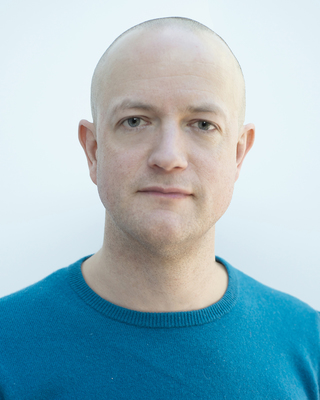Fancy a bevvy? The origins of Polari language in the East End
A slang language with origins in Yiddish, Cockney and gay subcultures is still used today inspiring singer, Olly Alexander’s, latest album Polari.
Thinking of heading out for a bevvy this weekend? You’re probably looking for a bar that isn’t naff, somewhere where you won’t get into a barney and that won’t make you want to scarper. You might zhoosh up your hair and put on a bit of slap before you go and maybe you’ll even blag your way into that cool new nightclub.
If any of this makes sense to you, congratulations, you understand some of a once-secret language known as Polari.
Several Polari words have found their way into mainstream slang and are still widely used in east London today but the language has complex roots.
Polari gets its name from the Italian verb Parlare meaning ‘to talk’. Many of its words have roots in Italian and Romantic languages, Romany, backslang (a Cockney language which involved saying things backwards or mixing up letters), Yiddish, Cockney rhyming slang, and other street and sailor slang, mostly from London.
The slang has been known to be used in the UK throughout history by actors, circus and fairground performers, professional wrestlers, merchant navy sailors, criminals, sex workers, and gay communities.
The origins of Polari are debated but the language has a connection to Punch and Judy street puppeteers of the late 18th and 19th century who traditionally used it to converse, but the language could date back as far as the 16th century.
The 18th century added words from the molly house culture. Mollies were men who had sex with other men, sometimes while dressed as women and the subculture often referred to each other using female names.
Polari was spoken largely by gay communities in the 20th century to prevent the police from understanding their conversations at a time of strict anti-homosexuality laws.
The influence of gay speakers on Polari also meant that words such as ‘bona’ meaning good weren’t necessarily a straightforward translation of English but rather conveyed the meaning of good according to the values of speakers.
Over time the language has become a blend of Cockney rhyming slang with words like plate, meaning feet, from ‘plates of meat’, backslang like ecaf meaning face, nishta originating from Yiddish negation word nishto, plus sailors slang, American air force slang and the language of drug users. Words such as scarper – from the Italian scappare plus rhyming slang for go, Scapa Flow, reflect a mingling of communities and the word-of-mouth nature of the language’s growth.
Polari varied across London with the East End seeing more influence from Cockney rhyming slang and the West End seeing more theatrical influences, but the versions were blended too. From the 19th century, Polari was used at fish markets such as Billingsgate and in fairgrounds and circuses where it gathered Romani influences.
In the 1960s, English actors Kenneth Williams and Hugh Paddick brought the secret language to the mainstream as camp comedy couple, Julian and Sandy, on the BBC radio show, Round the Horne, where they made regular use of Polari.
Today the language is seen as an important part of gay and lesbian culture with singer Olly Alexander most recently bringing the language to light with his new album Polari.
If you liked this read Cockney rhyming slang history: the roots, the rhymes and the reasons






